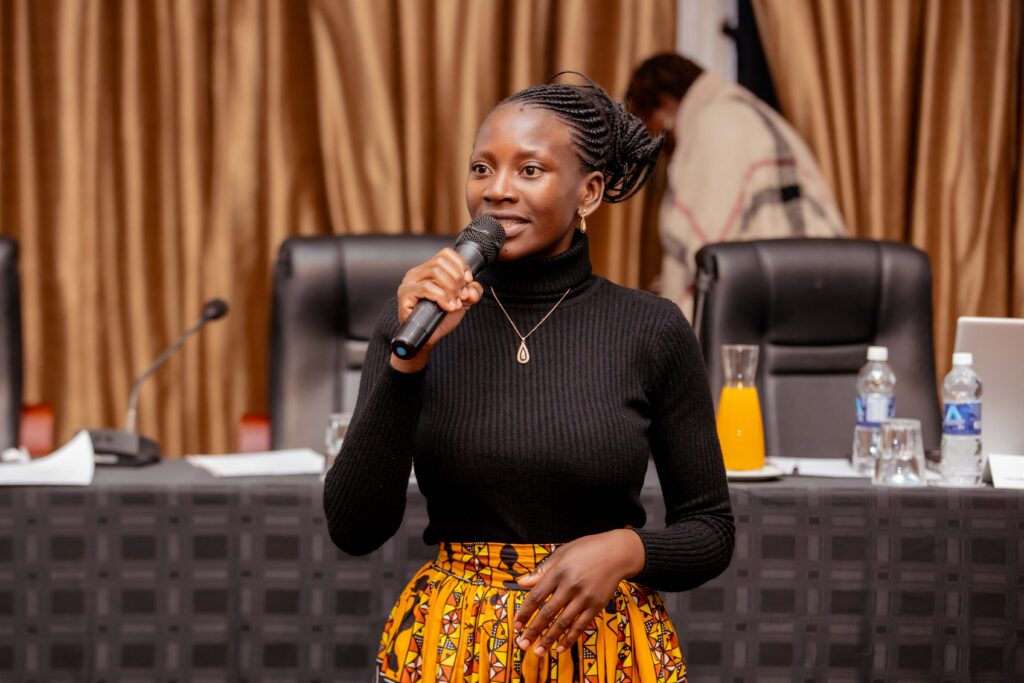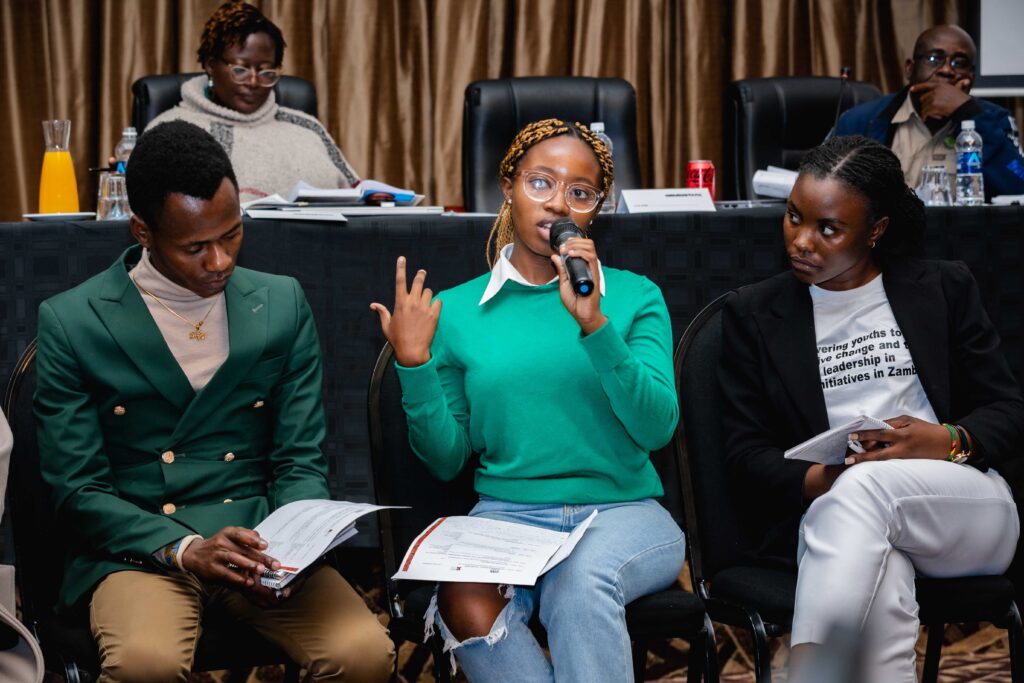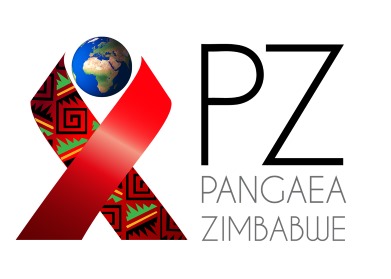
PROJECT OVERVIEW
MOSAIC works across multiple countries, including Zimbabwe, to implement user-centered research and research translation efforts to identify, understand, and remove barriers to new product introduction, access, and use; coordinate and provide technical assistance to global, national, and subnational stakeholders to expedite product launch and scale-up; and strengthen the capacity of a wide range of local partners to perform essential functions that support the introduction of HIV prevention products.
The MOSAIC consortium is led by FHI 360 along with core partners Wits RHI, Pangaea Zimbabwe, LVCT Health, Jhpiego, and AVAC. Local partner leadership and engagement, particularly in sub-Saharan Africa, is intrinsic to the project’s approach to expediting women’s access to new HIV prevention products. The work is also supported by technical partners from Afton Bloom, Avenir Health, Columbia University, Mann Global Health, RTI International, The AIDS Support Organization (TASO), 2Stories, the University of Pittsburgh, and the University of Washington.
Main Objective
MOSAIC’s objective is to accelerate introduction and scale-up of new biomedical prevention products and expedite their availability, acceptance, uptake, and impact in PEPFAR programs to help adolescent girls and young women and other women prevent HIV and other infectious diseases.
Scope of work
To achieve this objective, MOSAIC works in alignment with five strategic priorities:
- User-Centred Approach Promote a user-centered approach in which the needs and preferences of users — especially adolescent girls and young women (AGYW) — are understood and addressed in product introduction and scale-up.
- Research Conduct research to expand the evidence base on how to effectively enhance product availability, acceptability, uptake, and effective use.
- Policy & Programmes – Coordinate and provide technical assistance to global, national, and subnational stakeholders to expedite product introduction in policy and programs by addressing issues related to regulatory review, policy development, resource mobilization, supply chain, delivery models and platforms, monitoring and evaluation, surveillance, and demand generation.
- Research Utilisation & Knowledge Management- Implement research utilization activities and establish mechanisms for rapid, effective knowledge exchange among key stakeholders to facilitate application of existing and emerging evidence on product introduction in policy and programs.
- Local Partner Capacity Strengthening Strengthen and sustain local partner capacity to advocate for, design, and implement high-quality product introduction activities and research.
Target Population
Geographical areas
Funding sources
Women, with a focus on adolescent girls and young women (AGYW)
Works across multiple countries – Botswana, Eswatini, Lesotho, Kenya, Namibia, Nigeria, South Africa, Uganda, Zambia, and Zimbabwe (Beitbridge, Bulawayo, Chitungwiza, Masvingo, Ngundu, Plumtree)
U.S. President’s Emergency Plan for AIDS Relief (PEPFAR) through the U.S. Agency for International Development (USAID)
Impact
1. The CATALYST Study
Catalyzing access to new prevention products to stop HIV (CATALYST) is MOSAIC’s flagship product introduction study. The goal is to characterize and assess the implementation of an enhanced service delivery package providing a choice of oral PrEP, PrEP ring, and CAB PrEP among women at PEPFAR delivery sites in Kenya, Lesotho, South Africa, Uganda, and Zimbabwe. The CATALYST study also uses quality improvement methods to refine components and identify a core service delivery package for PrEP choice.
Stage I of the CATALYST study was successfully launched in Zimbabwe in June 2023 in 6 health facilities including Beitbridge Wellness Centre, Cowdray Park Clinic (Bulawayo), Ngundu Rural Health Centre, Plumtree District Hospital, Runyararo Clinic (Masvingo), and the SHAZ (Shaping the Health of Adolescents in Zimbabwe)! Hub Youth Drop-In Centre at CitiMed Hospital (Chitungwiza). During Stage I, women were offered a choice of oral PrEP and the PrEP ring. A total of 935 women were enrolled in the study during Stage I. 36% were AGYW and 64% were women aged 25 or older.
2. Meaningful Youth Engagement
A Youth Representative was hired to lead youth engagement. She is a member of the global NextGen Squad (NGS). The MOSAIC NextGen Squad is a team of paid youth advocates under the age of 30 from MOSAIC countries. This dynamic team of young people shape and participate in MOSAIC project activities with mentorship from local implementing partners and a global support team. The NextGen Squad holds MOSAIC accountable as the project aligns its plans, actions, and monitoring, evaluation, and learning efforts to be responsive to young people’s needs, preferences, and lived experiences; be inclusive of the diversity of adolescent girls and young women; and meaningfully engage young people in research and research utilization.



